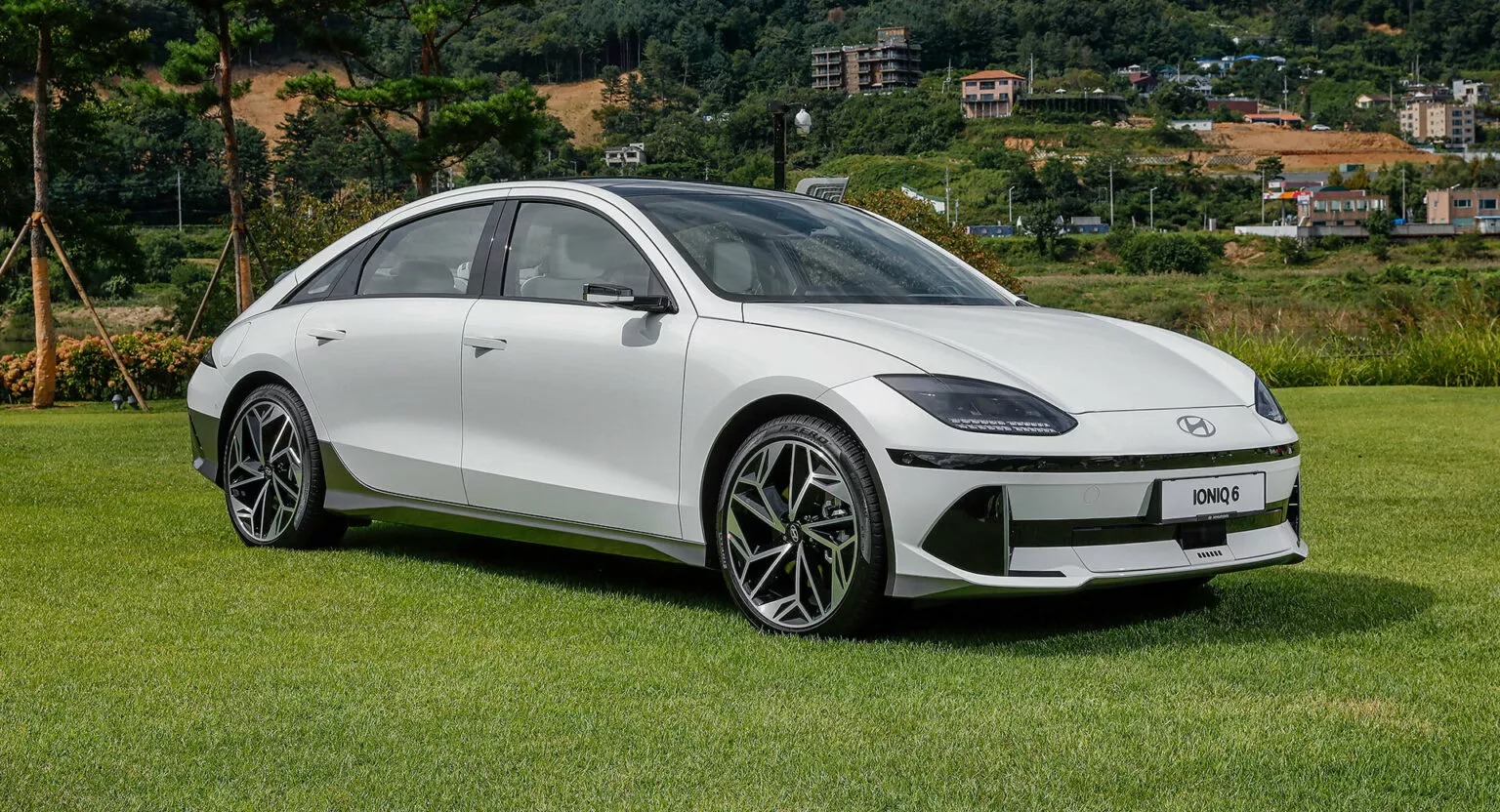Hyundai Motor Group has announced plans to accelerate production at its new electric car plant in Bryan County, Georgia, with operations now set to commence in the fourth quarter of 2024, ahead of the initially scheduled first half of 2025.
The facility, located in Bryan County, is expected to manufacture up to 300,000 electric vehicles and batteries annually for Hyundai, Kia, and Genesis brands. The decision to expedite construction, which began in October 2022, was motivated by changes in US electric car subsidies.
See also: Hyundai and Kia Partner with Top South Korean University for Next-Gen Autonomous Driving Sensor
Although the start of construction for the Hyundai Motor Group Metaplant America (HMGMA) was moved up to October 2022, the start of production in Bryan County was originally slated for the first half of 2025. Despite the earlier construction start, the Group had not officially adjusted the production timeline until now, indicating that the time gained from the early construction start has enabled the shift to the fourth quarter of 2024.
Hyundai had initially estimated an investment of “just over 5.5 billion US dollars” for the new plant, with plans to create 8,100 jobs. However, the current investment volume is reported at 7.59 billion dollars, with expectations to generate 8,500 direct jobs. The plant’s logistics are set to incorporate Hyundai’s H2 truck Xcient as part of the “Clean Logistics Project,” as announced at CES 2024.
See also: Hyundai Announces $1.1 Billion Investment in Brazil for Sustainable Mobility
In addition to the electric car plant, Hyundai is constructing two battery cell factories in Georgia, aiming to localize the value chain and qualify for subsidies. One of these factories, being built in partnership with LG Energy Solution near the electric vehicle plant in Bryan County, is expected to begin operations no earlier than the end of 2025, with an annual capacity of 30 GWh. Another factory, in collaboration with SK On, will be located in Bartow County, near Atlanta, with an opening also scheduled for 2025, although the production capacity has not yet been disclosed.







